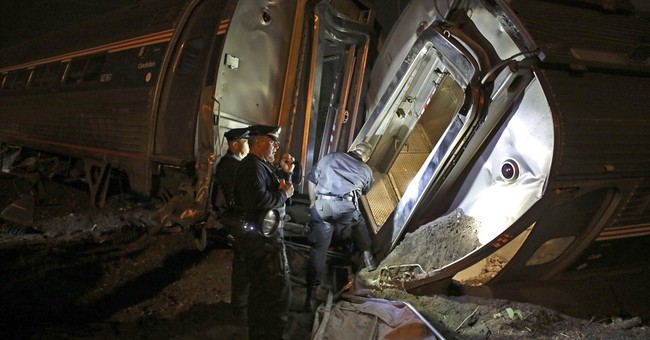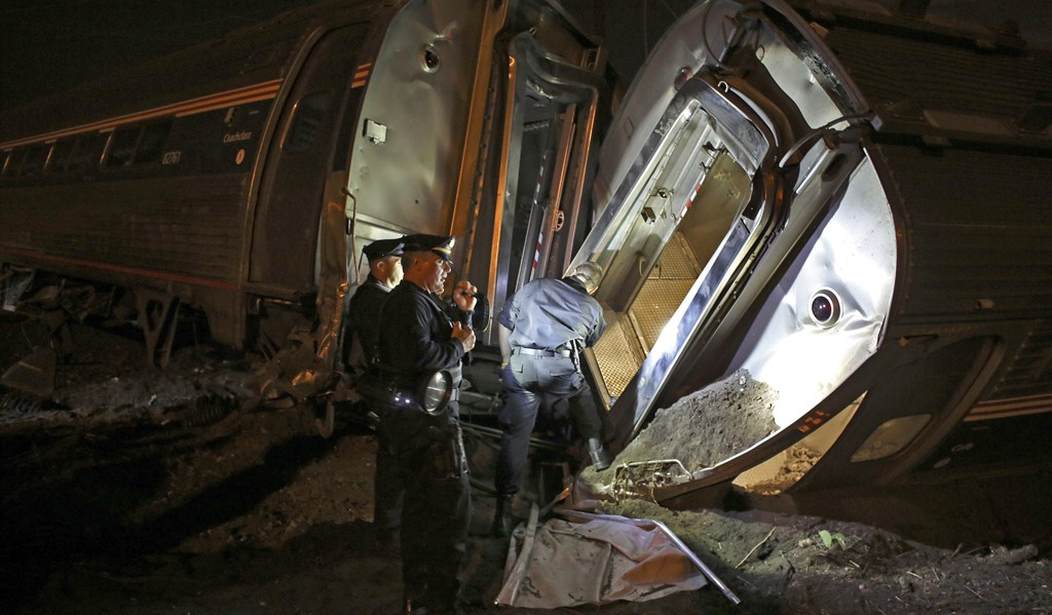
We hear a lot these days about a coming “second civil war.” Do we need one? Do we want one? Are we going to have one anyway?
Before going on, I want to draw a distinction between any coming civil war and the Toy Socialist Revolution that’s been in the news. The people who are out there now setting fires, tearing down statues, and sucker-punching old ladies, are not protagonists in a “civil war.” They are merely Socialist revolutionaries. As soon as the adult population gets tired of them, they will be squashed like bugs, much like the Socialist revolutionaries in Chicago in 1968, the ones in Berkeley in 1969, and New York in 2011. Unlike most countries, we treat our Socialist revolutionaries as a form of Summer entertainment. When we tire of them, we make them go away.
No, by “coming civil war” I am talking about something much deeper, and quite real.
Here’s the problem: as a country, we can’t make decisions anymore. There’s no agreement on anything. Virtually every vote on every subject goes down 50.1 to 49.9, one way or the other. The votes in Congress look like that, our presidential elections look like that. The Congress can’t even pass a budget. Congress doesn’t pass spending bills either; every fiscal year ends with a vote to keep doing what we did last year, and that only happens after the government has been shut down for several days.
Even when something consequential does get done — such as health care reform or the confirmation of a Supreme Court justice — the matter is fought over hammer and tongs until the last possible minute. The vote is a whisker away from a 50-50 split, and when it’s done there’s no sense that there was agreement, or that anyone compromised. It feels like one side rammed its views down the other side’s throat. And it feels like that because that’s what happened. The whole thing is totally dysfunctional. And it is gradually eroding “the consent of the governed.”
Some folks at the Harvard Business School have turned one of the classic strategic planning tools loose on this problem, and they basically blame (I’m oversimplifying here) Plurality Voting, which the Founders borrowed from British parliamentary elections, and our system of Primary Elections, which is a relatively recent (early 20th Century) development in our politics. Plurality Voting (candidate with the most votes wins, a majority not required) serves as a remarkably effective barrier to the entry of new parties. In 2016, for example, the Clinton forces warned against voting for Jill Stein lest voters “throw the election to Trump.” The Trump forces, meanwhile, warned against voting for the Libertarian lest people “throw the election to Clinton.” These arguments were effective because they were true. But the result is that we haven’t seen a new major political party elbow its way onto the stage in over 150 years. This obviously stifles innovation.
The Primary Election system, meanwhile, pushes the people who do get elected in the direction of “more ideological” and “highly partisan.” Most of our states and Congressional districts lean toward one party or the other, such that whoever wins the Democratic primary in a blue area, or the GOP nomination in a red area, is almost a guaranteed winner in the general election. This causes lawmakers to view Primary Voters (who are always more ideological and more partisan than the average general election voter) as the only voters they really need care about. In fact the number one threat to a sitting lawmaker these days is the prospect of being “primaried” for failure to be sufficiently partisan or ideological.
The bottom line is that our system rewards lawmakers of both parties for engaging in exactly the behavior we see — an unwillingness to compromise, the urge to go to war over every little thing — while simultaneously preventing any new parties from entering the fray. The result is a government that works for no one and angers almost everyone.
The fine folks from HBS have some very interesting proposals for reforming our elections to improve things in this area, which you can read about at the link above. You can even buy and read their book. I’m not going to cover the proposals here because fundamental changes in the way we conduct elections are Serious Crusades that might happen in fifty years if we kept at it. I don’t think we have fifty years before we have to do something else.
The “something else” could well be a second civil war. If we can’t solve things at the ballot box — and in fact we can’t anymore — then something more drastic may be called for.
I don’t think most people want a war over it, though. That would just leave us in the same place we were in the day after Obamacare passed, or Justice Kavanaugh was confirmed: one side feeling victorious and the other side seething and plotting revenge. Whatever we do here has to produce a better result than that. We have enough of those episodes already.
If you have tried to conduct a dialog with anyone from the other side of The Big Ditch in the last several years, you already know that there isn’t going to be any compromise, or agreement, or Kumbaya moment. Those people are basically unsuitable for use as citizens of a pluralistic society. They are so much smarter and morally superior to everyone else that with them, it’s their way or the highway. Or they’ll try to silence you, convict you of a crime you didn’t commit, or try to get you fired. Just for disagreeing with them. The truth is, we’ve had enough of those people and we don’t want to share a country with them anymore.
Perhaps we could arrange an amicable separation. The first Civil War was fought to prevent secession, but the next one might only be avoided by permitting it.















